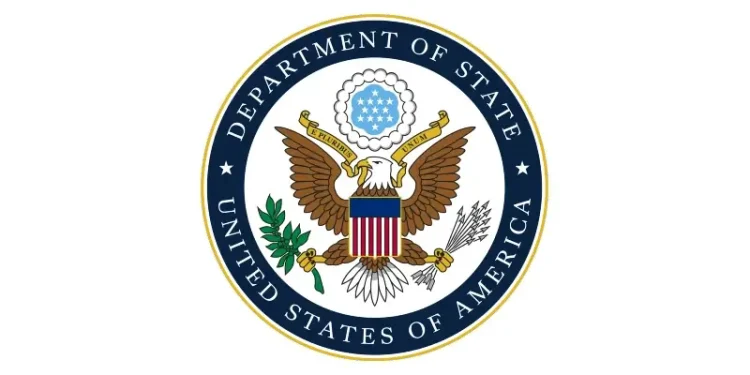The United States, Japan, and South Korea have reaffirmed their commitment to regional security and global cooperation during a high-level trilateral meeting in New York City. The talks underscored the importance of defense, diplomacy, and economic resilience amid rising geopolitical challenges across the Indo-Pacific.
Strengthening Regional and Global Engagement
Secretary of State Marco Rubio joined Japan’s Foreign Minister Iwaya Takeshi and South Korea’s Foreign Minister Cho Hyun on September 22. Together, they emphasized that their alliance is critical for maintaining safety, prosperity, and shared democratic principles.
The United States reiterated its extended deterrence commitments to both allies, backed by unmatched military strength, including nuclear capabilities. The leaders pledged to advance robust security cooperation through the trilateral exercise Freedom Edge and agreed to strengthen their respective defense systems.
Maritime Security and Regional Cooperation
The three countries welcomed enhanced coast guard cooperation, including knowledge-sharing and joint incident response efforts. They also pledged support for ASEAN member states, underlining a broader commitment to maritime safety.
They jointly opposed unlawful maritime claims in the South China Sea and condemned destabilizing actions that threaten regional stability. In addition, the statement reaffirmed their commitment to a free and open Indo-Pacific underpinned by international law.
Addressing the North Korean Threat
The meeting placed strong focus on countering North Korea’s growing nuclear and missile programs. The leaders reaffirmed their unified commitment to complete denuclearization in line with United Nations Security Council resolutions. They urged the global community to uphold sanctions and prevent evasions.
Concerns were raised about increasing military cooperation between North Korea and Russia. The leaders condemned these activities, particularly the transfer of missile technology, and called for an immediate halt.
Cybersecurity and Humanitarian Issues
The officials highlighted malicious cyber operations by North Korean actors, noting the need for continued trilateral coordination between governments and the private sector. They also stressed humanitarian concerns, including abductees, detainees, prisoners of war, and separated families, pledging to pursue their resolution without delay.
Enhancing Economic Security and Resilience
Economic security was another key theme of the talks. The three countries pledged to collaborate on strengthening supply chains, advancing digital infrastructure, and leading in emerging technologies such as artificial intelligence, quantum, and biotechnology.
They committed to supporting energy security, with emphasis on US natural gas and diversification of critical mineral supply chains. Cooperation in Southeast Asia and Sub-Saharan Africa will be expanded to secure vital resources.
Technology and Civil Nuclear Cooperation
The leaders reaffirmed their intention to accelerate deployment of advanced civil nuclear reactors under the highest safety standards. They also highlighted ongoing collaborations, such as workshops on quantum industrial security and leadership training programs in technology.
Deployment Roadmap
| Area of Cooperation | Actions | Timeframe |
|---|---|---|
| Security & Defense | Expanded Freedom Edge drills, stronger deterrence | 2025–2026 |
| Maritime & ASEAN | Joint coast guard cooperation, support for ASEAN partners | 2025 onward |
| Economic Security | Critical mineral partnerships, supply chain resilience | 2025–2027 |
| Technology | AI, quantum, biotech, nuclear cooperation | Ongoing |
Advancing Trilateral Cooperation
Beyond security and economics, the meeting highlighted the importance of people-to-people ties. Programs like the Young Trilateral Leaders initiative were praised as vital tools for fostering long-term cooperation.
The leaders reaffirmed their rejection of economic coercion and unfair trade practices, emphasizing their support for a free and fair global economic order. They also expressed support for South Korea’s APEC 2025 host year, underscoring the importance of regional economic leadership.
The Takeaway
The trilateral meeting in New York City reflected a united front among the United States, Japan, and South Korea. By aligning defense, economic, and technological strategies, the three allies demonstrated their determination to shape a secure and prosperous Indo-Pacific.
Their joint statement made clear that cooperation remains the strongest tool for addressing both regional and global challenges.
Sources: US Department of State.
Prepared by Ivan Alexander Golden, Founder of THX News™, an independent news organization delivering timely insights from global official sources. Combines AI-analyzed research with human-edited accuracy and context.









